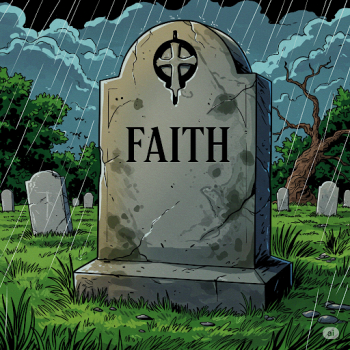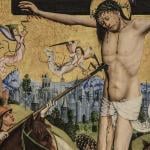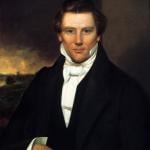RA Markus points out in his classic study Saeculum: History and Society in the Theology of St Augustine that in Augustine’s view “what prevented the Christian from being at home in his world was not that he had an alternative home in the Church, but his faith in the transformation of the world through Christ’s victory over sin and death and his hope in the final sharing of this victory in his kingdom.” The church is not a counter-polis, but a people with a counter-hope. This makes the church radically open; the Christian’s sense of identity and difference from the world does not depend on erecting impenetrable boundaries between church and world.
At the same time, “It should be clear . . . that ‘political Augustinianism’ is, of its nature, politically radical. It is bound to be unremittingly critical of all and any human arrangements, any actual and even any imaginable forms of social order. Seen in eschatological perspective, there can be no existing or possible society in which there is nothing to criticise,” including, of course, the church.














